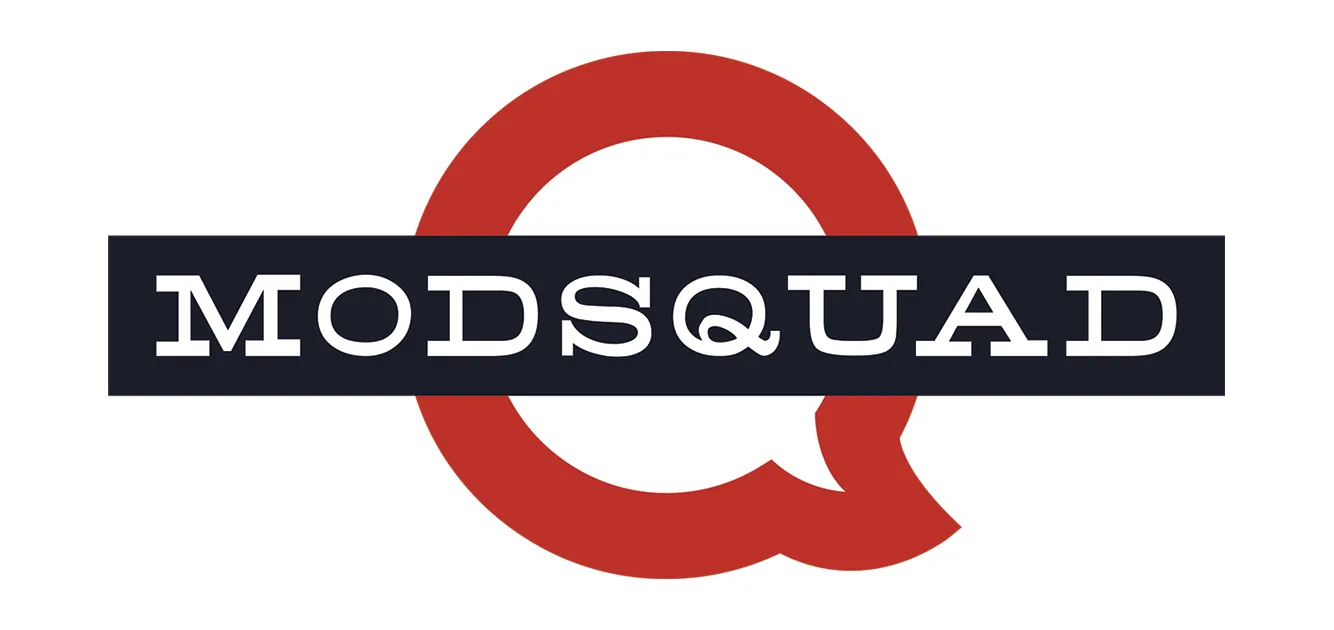
Great Expectations, Part Nine: The Trap of Dates and Times
By Sanya Weathers
The number one way to disappoint a potential customer is to mention a launch date and then miss it. Coincidentally, the number one way to enrage a paying customer and to lose his business is to mention dates/times and then miss them.
It didn’t used to be like this. Long time consumers of massively multiplayer online content are accustomed to deadlines being more suggestive than definitive. On one of the forums that Metaverse Mod Squad manages on behalf of clients, I saw the following quote: “Release dates for this genre only exist as potential wave-functions spread across multiple parallel dimensions and they are impossible to quantify until the actual event of logging in defines them into a specific quantum state “
This anonymous genius nailed it. Translated, it means “don’t believe it until you can log in to see it.”
However, that kind of gentle humor in the face of sliding milestones and missed server returns is becoming more rare. Today’s new gamers are accustomed to their social products being available 24/7 with minimal to no outages. And what’s more, they’ve seen the “beta” tag on so many fully functional products that they no longer pay any attention to it, or allow any slack if something isn’t working right. Finally, they’ve been trained by the likes of Apple, which doesn’t even drop hints about a product until they are several short weeks away from a full fledged launch.
What can you do?
– Stop talking about products that are in alpha. The only thing you know for certain is that the unforeseen will happen, and deadlines will change. Your customer doesn’t care about your problems.
– Should you make an announcement that turns out to be premature, admit it immediately, and (leaving a public statement in a prominent location on the product’s website) utter not one more word until you are near the end of the “friend and family” beta cycle. You only get one do over.
– Even in beta, avoid mentioning dates. If you must give a date range, don’t be cute and say things like “Spring” because “Spring” technically extends well into June. You may not be lying, but come June 1 you’re going to have a lot of highly annoyed people who now know you’re the kind of spokesperson who will split semantic hairs. And that’s just the people in the same hemisphere as yours. By using a season to denote a date, you’re marking yourself as a rube without a global perspective, unfit to compete on the world stage. Use the quarter system. Q1 is January, February, and March.
– If you’re giving a server downtime announcement, ask QA for their best guess, and add two hours.

